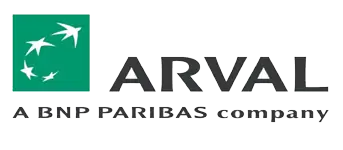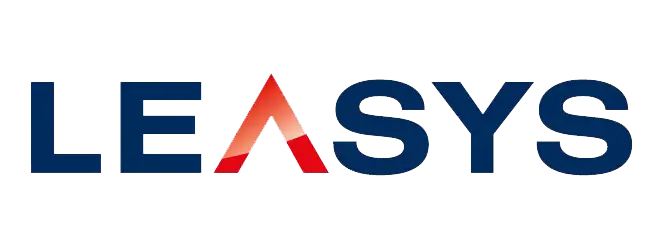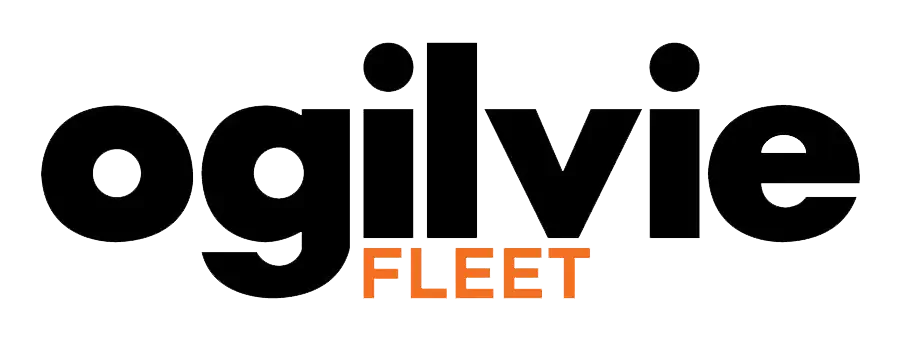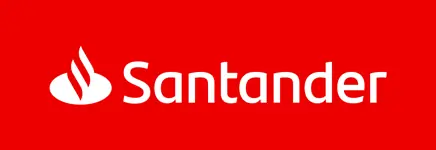Which Finance Option Is Best For Me
If you are considering a new vehicle, four primary finance options are available. Here is a summary of each type to help explain what it involves and whether it will suit your needs. We've also provided a list of the main pros and cons.
What is Personal Contract Hire (PCH) or Car Leasing?
Personal contract hire or personal car leasing is a long-term rental agreement. You lease the vehicle for a set cost over an agreed period (generally from two to five years).
You are paying off the vehicle's depreciation value with personal contract hire. You make a deposit or initial payment, which is followed by fixed monthly payments. When the lease ends, you hand back the vehicle's keys.
If you are looking for fixed monthly payments, a lower initial financial outlay, and are happy not to own the car, then car leasing could be right for you.
The Pros
· A smaller initial payment/deposit is generally required (compared to a personal loan or hire purchase agreement)
· Monthly payments are usually lower (compared to personal loans or hire purchase)
· Better affordability means you get more for your money and can opt for a higher spec vehicle (compared to other financial options)
· Budget better with set monthly payments
· Road tax is included for the lease's entire length (with personal contract purchase, it's only for the first 12 months)
The Cons
· There is no option to buy the vehicle at the end of the contract
· You need to estimate the annual mileage at the beginning of the agreement, and exceeding it incurs charges
· Early termination may incur charges
· You must maintain the vehicle. Any damage beyond Fair Wear and Tear may incur penalties
What is Personal Contract Purchase (PCP)?
PCP is a long-term rental agreement. There are three options with personal contract purchase when the deal ends.
1. Return the vehicle
2. Purchase it outright
3. Part exchange the vehicle for a new one
You make an initial deposit with PCP, followed by fixed monthly payments. If you want to purchase your vehicle at the end of the agreement, you make a final 'balloon' payment. The amount covers the total remaining value of the car.
When you enter into PCP finance, you pay off the vehicle's depreciation amount and interest calculated on the vehicle's total value. You also pay the vehicle's GFV (guaranteed future value) if you choose to purchase. The amount is established at the beginning of the agreement.
If you want a lower initial outlay, fixed monthly payments, and the options to purchase the car, then PCP could be right for you.
The Pros
· You have the option to buy the car at the end of the contract
· The deposit/initial payment is much lower than personal loans/HP. Monthly payments are usually lower as well
· Budget better with fixed monthly payments
· If the vehicle is worth more than the estimated GFV by the end of the contract, you can either keep the difference or put it towards a new vehicle
The Cons
· Your road tax is only included for the first 12 months (with PCH, it is provided for the entire length of the contract)
· You must pay interest on the vehicle's entire value, even if you don't choose to purchase it
· If you choose to buy, the GFV amount agreed at the beginning must be paid (the amount is non-negotiable)
· You must adequately insure, maintain, and keep possession of the vehicle until its total value is paid (or the contract ends)
· Annual mileage is estimated in advance, and you may incur charges if it is exceeded
· If you decide to settle early, the difference between the vehicle's worth at that time and any outstanding amount must be paid (this could create negative equity, mainly if you terminate the lease within the first three years)
What is Hire Purchase (HP)?
A hire purchase arrangement enables you to buy the vehicle by making a deposit or initial payment and then on-going monthly payments until you have paid in full. It usually takes between one and five years, and once paid, the vehicle is yours to keep.
If you want to own a vehicle but are willing to wait until it is paid for before you have full ownership, then HP could be right for you.
The Pros
· Once you've completed the final monthly payment, ownership of the vehicle is yours
· You don't need to estimate mileage
The Cons
· Your repayments can be significantly higher than those for personal car leasing or personal contract purchase. You are repaying the total value of the vehicle, not just the depreciation
· You don't own the vehicle until you have made all the repayments (between 1-5 years)
· You must correctly insure and maintain the vehicle until you have completely paid it off
· The finance company can repossess your vehicle without a court order up until a third of the total amount payable has been paid
· You can't sell the vehicle until the finance is settled in full
What is a loan?
A business or personal loan is money you borrow from a lender (a finance company or bank), which you use to buy your vehicle in full. You may use it to top up funds you already have available to cover the entire cost of the car or van.
If you want to have complete ownership of a vehicle straight away, then a personal or business loan might be right for you.
The Pros
· Usually, you are free to sell the vehicle whenever you wish; however, check with your lender first for any small print.
· Loans are often flexible regarding repayment with early settlement, extra payments, and even payment holidays.
The Cons
· You can have much larger repayments than you would when leasing through PCH or PCP, as you are paying the vehicle's total value
· If your vehicle is written off or you sell it, your lender could insist that the loan be repaid at short notice.










